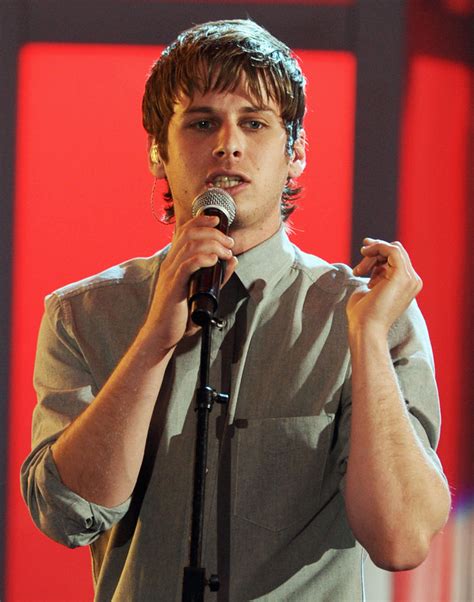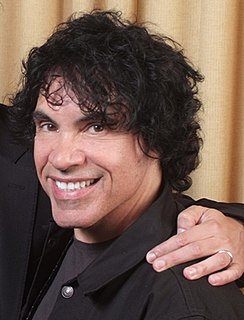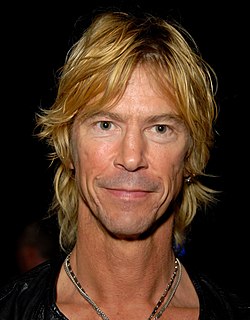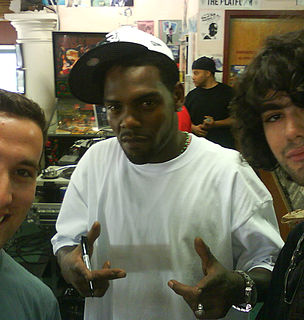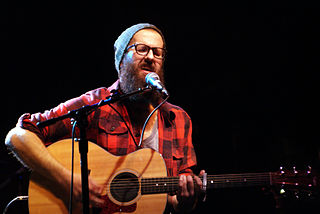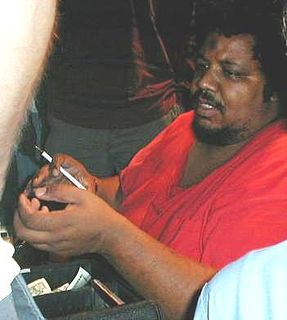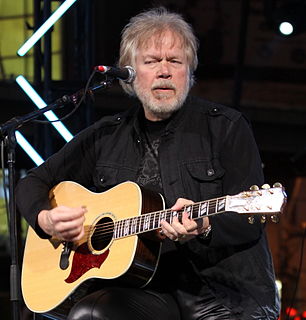A Quote by Mark Foster
We've grown up on the Beach Boys and the Beatles and Blur and Bowie and the Clash. Also E.L.O. and Hall and Oates. Those are all artists who write songs that are accessible but still left of center. It's intelligent pop. There's still something different and complex about it.
Related Quotes
If I completely understood what was going on and I understood these songs, they wouldn't make sense to play live anymore. They're still enigmatic for me. I'm still searching in the songs as they are. That's what's actually been the most fun about playing and touring for me is that there's still a lot of caverns in the songs where you can go and hide out different nights.
People just didn't write songs that were so directly emotional in those days. They still don't. Part of Hank's [Williams] thing was that he was opening up about relationships between men and women in ways that nobody else did, and I think that's something that made him stand out so much. His songs are just so straightforward about these really deep feelings that are universal, but they're so hard to write about without sounding sappy or over the top. You think of men in that era - they didn't express themselves that way.
I've reinvented myself every year since 1998, and my style's still changing. It's grittier now. I always gotta try something new. I've grown up. Then I was rapping; now I do music, I write albums. But my distinctive voice and style, people still can't catch it. They're still asking me, "What were you saying on that song?".
I just love to play rock and roll. I love to write songs all the time
about what's up on these streets. I write songs about people getting killed; I write songs about people getting beaten up; I write songsabout people getting taken to jail by the police; and I also write songs about love and happiness.
When I pull into a city and I rent a car and it's Nashville, or it's London, or I'm driving in the taxi to the hotel, and on comes one of my songs, it's like, 'Oh my God, they're still playing these songs on the radio.' And you still feel tearful and very grateful that somebody still likes these songs that you made up.
